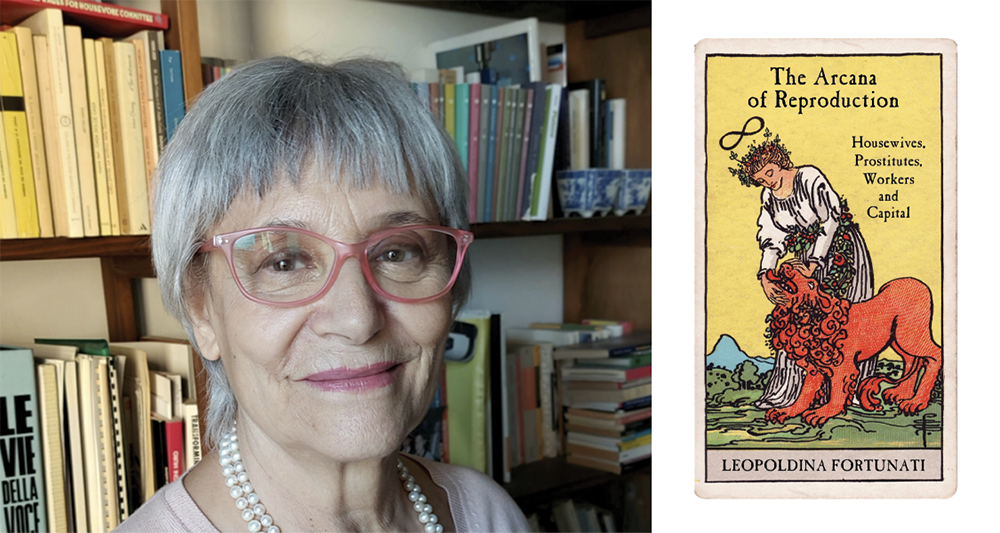The Arcana of Reproduction by Leopoldina Fortunati, translated from the Italian by Arlen Austin and Sara Colantuono, Verso, 2025
Earlier this year, Indian Twitter spiralled into a full-blown meltdown after Mrs., the Hindi remake of the Malayalam film The Great Indian Kitchen, was released pan-India on the streaming platform Zee5. The film provides a picture of the world of Richa, a well-educated woman who recedes into the drudgery of housework; after marriage, her dreams and desires suffocated. I could not bring myself to watch the film, but I devoured the reviews. Many hailed the movie for its realistic rage against the patriarchy, but the bones of contention that the audience picked with the film were many. One Twitter user casually remarked that if the husband is the breadwinner, the least one may expect from the wife is to do the household chores. Reading these reviews and blithe takes, I was livid, and I could not quite put a finger on why.
I found the answer, cosmologically-willed, in Leopoldina Fortunati’s work L’arcano della riproduzione (first published in 1981), rendered into English by Arlen Austin and Sara Colantuono as The Arcana of Reproduction. Fortunati was a key member of Lotta Femminista, initially called Movimento di Lotta Femminile (Women’s Struggle Movement), and then finally Movimento dei Gruppi e Comitati per il Salario al Lavoro Domestico (Movement of Groups and Committees for Wages for Housework). English-speaking countries are more familiar with its alternative name: the network of Wages for Housework. As the name suggests, the international movement had a militant and anti-capitalist dimension, and its goal to secure pay for housework aligned much with the struggles for wages that were playing out in factories and universities at large. Together with companions Mariarosa Dalla Costa, Selma James, and Silvia Federici, she wrote texts that reflected the movement’s goals and ideology; her Arcana of Reproduction emerged from these reflections. READ MORE…

